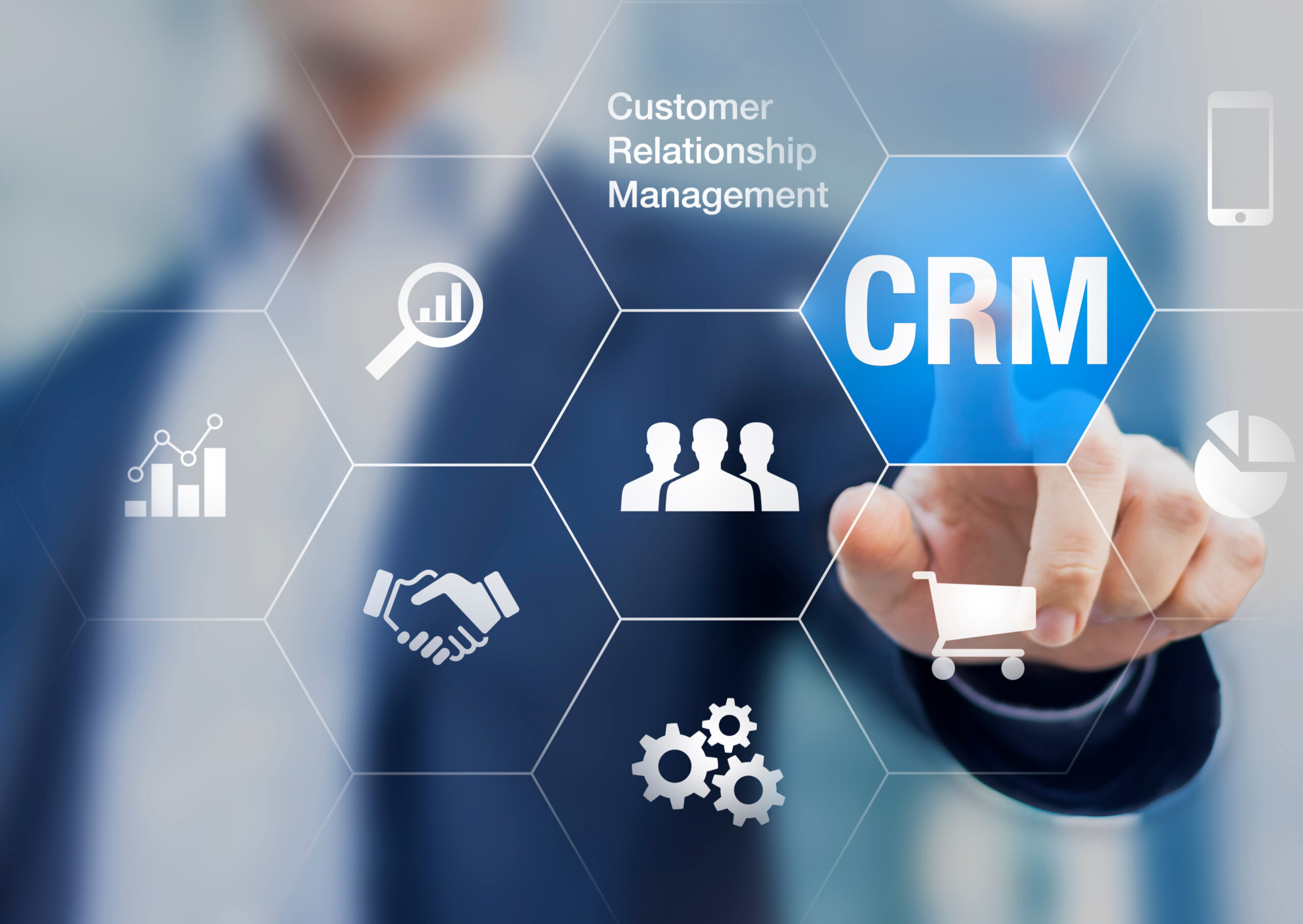Using Customer Relationship Management (CRM) Tools for Real Estate Success

In the competitive world of real estate, staying organized and connected is crucial. As an agent, you juggle multiple clients, properties, and deadlines daily. This is where a Customer Relationship Management (CRM) system can be a game-changer. Let’s explore how adopting a CRM can elevate your success and streamline your workflow.
1. Centralized Client Information
One of the primary benefits of a CRM is the ability to centralize all client information. Instead of sifting through emails and spreadsheets, a CRM allows you to store contact details, property preferences, and communication history in one place. This organization not only saves time but ensures you have quick access to important information, enabling you to provide personalized service.
2. Automated Follow-Ups
Maintaining consistent communication with leads is essential for conversion. A CRM can automate follow-up emails and reminders, ensuring no lead falls through the cracks. For instance, you can set reminders for check-ins or schedule emails for specific times, freeing up your time for more critical tasks while keeping you top of mind for your clients.
3. Lead Management
A CRM helps you track and manage leads throughout the sales pipeline. You can categorize leads based on their stage in the buying process—whether they’re just browsing or ready to make an offer. This segmentation allows you to tailor your approach, ensuring you’re providing the right information to the right person at the right time.
4. Analytics and Reporting
Understanding your performance is vital for growth. A CRM provides valuable insights into your sales activities, lead conversion rates, and marketing effectiveness. By analyzing these metrics, you can identify what’s working, what needs adjustment, and where to focus your efforts for maximum impact.
5. Improved Communication and Collaboration
If you’re part of a team, a CRM can enhance collaboration. With shared access to client information and communication logs, team members can stay updated on each other’s interactions and work more cohesively. This transparency fosters a supportive environment and improves overall client service.
6. Task and Time Management
A robust CRM includes task management features, allowing you to set deadlines, prioritize activities, and track your progress. By keeping all your tasks in one place, you can better manage your time and ensure you’re meeting deadlines and client expectations.
7. Integration with Other Tools
Most CRM systems can integrate with other tools you’re already using, such as email marketing platforms, social media, and transaction management systems. This interconnectedness ensures a seamless workflow, allowing you to manage your entire business from one central hub.
8. Enhanced Marketing Capabilities
With a CRM, you can segment your client list and send targeted marketing campaigns. Whether you want to promote a new listing, share market insights, or invite clients to an open house, your CRM can help you craft and distribute tailored messages, improving engagement and response rates.
9. Client Retention and Relationship Building
Real estate is not just about transactions; it’s about relationships. A CRM enables you to nurture relationships over time, keeping in touch with past clients through personalized messages and anniversary reminders. By fostering these connections, you increase the likelihood of referrals and repeat business.
Conclusion
In today’s fast-paced real estate market, utilizing a CRM is not just an advantage; it’s a necessity. By centralizing client information, automating tasks, and providing valuable insights, a CRM can help you streamline your processes, improve client relationships, and ultimately drive more sales. If you haven’t already, consider investing in a CRM that aligns with your business needs. Your future self—and your clients—will thank you!




